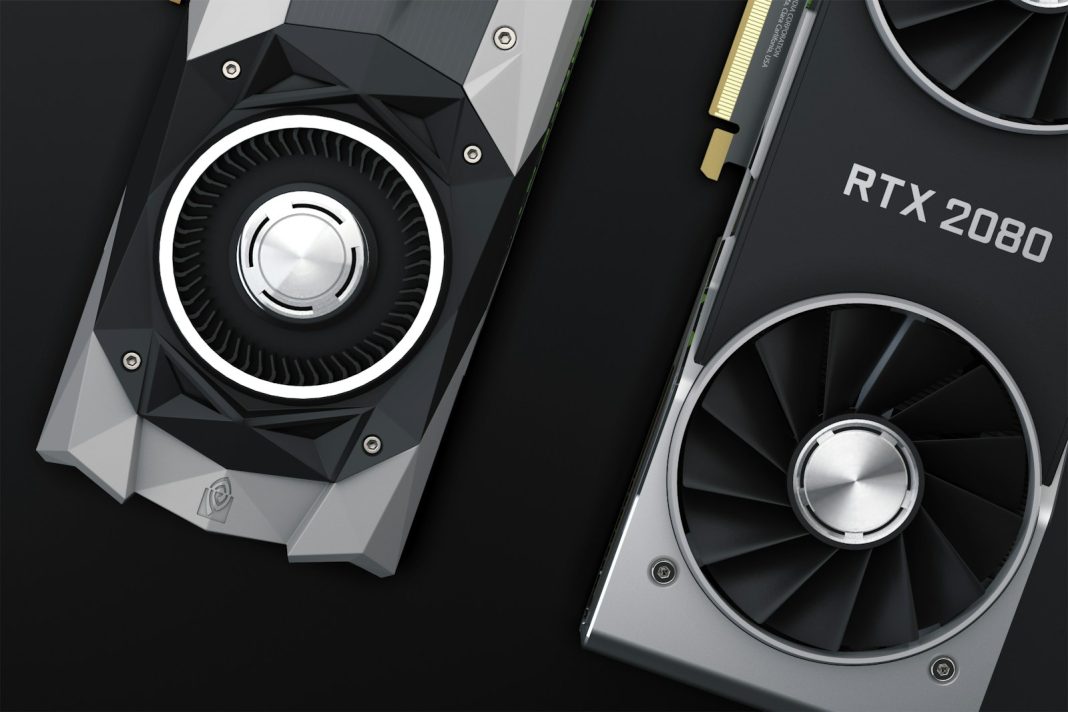Nvidia, the renowned graphics processing unit (GPU) manufacturer, has officially recognised a series of compatibility issues arising in systems utilising specific Intel Raptor Lake and Raptor Lake Refresh processors, particularly when engaging in gaming activities. These revelations come amidst a backdrop of increasing concern among users encountering stability concerns and performance hiccups within their gaming setups.
The focal point of concern lies within the structural architecture of Intel’s 13th and 14th generation Core processors, collectively known as Raptor Lake and Raptor Lake Refresh, respectively. Fabricated on a 10 nm process, these chips, while promising in their capabilities, have encountered notable challenges when deployed in gaming environments.
Intel’s 13th generation Raptor Lake Core processors, introduced in late 2022, integrate the Raptor Cove and Gracemont microarchitectures, aiming to deliver heightened performance and efficiency. Subsequently, the 14th generation, denoted as Raptor Lake Refresh, continues this trajectory with incremental improvements, offering a marginally refined gaming experience. However, recent reports have shed light on the inherent vulnerabilities present within systems powered by these cutting-edge processors, prompting Nvidia to address the burgeoning concerns.
In a significant move, Nvidia, through the patch notes accompanying its 552.12 GeForce Game Ready Driver release on April 4, has advised users employing unlocked Intel 13th and 14th generation desktop CPUs to exercise caution and vigilance. Instances of instability, video memory errors, and crashes during shader compilation phases have been highlighted as key areas of concern. Notably, Intel processors featuring the coveted ‘K’ suffix, sought after by gaming enthusiasts for their overclocking potential, have been disproportionately affected.
Acknowledging the gravity of the situation, Nvidia has directed affected users towards two principal resources for guidance and resolution. Firstly, an official Intel support thread, hosted on the company’s community forum, has been recommended as a primary source of information. This forum aims to provide a platform for users to engage with Intel representatives and seek assistance regarding the reported stability issues surrounding Raptor Lake and Raptor Lake Refresh chips. Secondly, a statement from RAD Game Tools, a subsidiary of Epic Games, has been cited, shedding light on the intricacies of the compatibility challenges faced within the gaming ecosystem.
The ramifications extend beyond mere gameplay disruptions, as owners of Intel GPUs have also encountered operational hurdles during gaming sessions. Notably, titles such as Starfield were rendered virtually unplayable on current-generation Intel Arc graphics cards at the time of their launch last September. However, subsequent driver updates have sought to mitigate these issues, with promises of substantial performance enhancements for users indulging in Bethesda Game Studios’ acclaimed action RPG.
Looking towards the future, speculation abounds regarding the impending release of Intel’s mobile-centric Lunar Lake CPUs, slated to debut alongside the 15th generation Arrow Lake processors towards the end of 2024. Prominent figures within the hardware industry have hinted at significant performance gains, with anticipated improvements reaching up to 50% compared to their predecessors, the Meteor Lake CPUs. Moreover, these forthcoming iterations are poised to integrate graphics solutions from Battlemage, Intel’s second-generation Arc GPUs, promising a revitalised gaming experience for enthusiasts and casual users alike.
As the technological landscape continues to evolve, stakeholders remain cautiously optimistic about the resolutions and advancements on the horizon. The collaboration between industry leaders such as Nvidia and Intel underscores a collective commitment towards addressing consumer concerns and delivering robust, reliable solutions in an ever-changing digital landscape.


